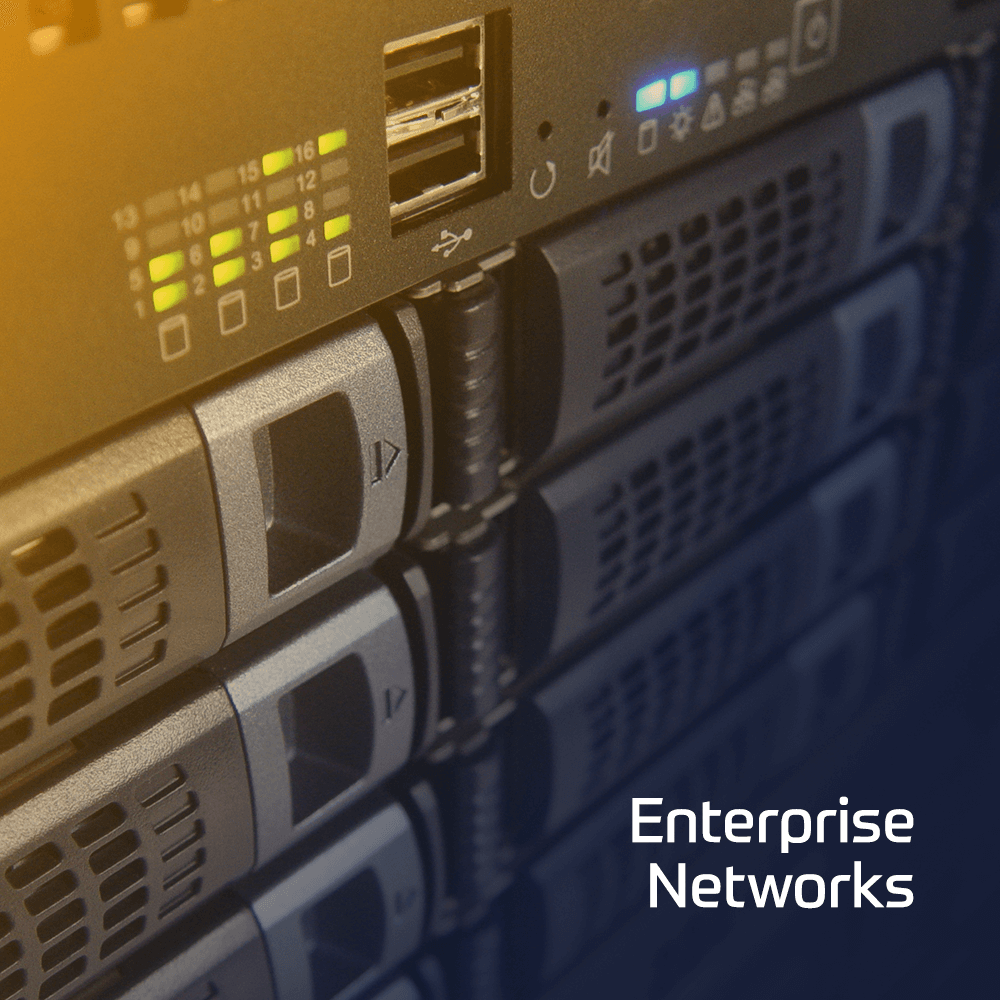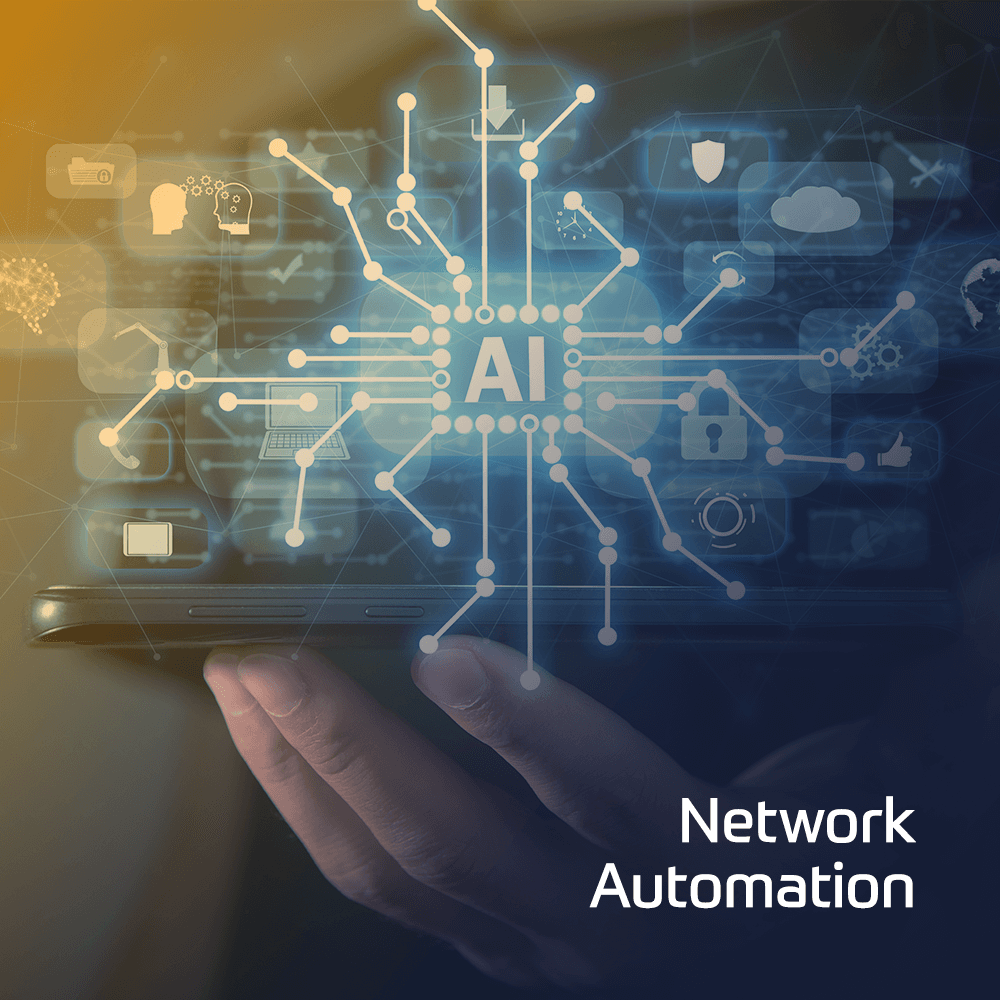The Automation with Ansible (DO408) course is designed for Linux system administrators and developers who need to automate provisioning, configuration, application deployment, and orchestration. You will learn how to install and configure Ansible on a management workstation and prepare managed hosts for automation, as well as validating that knowledge.
This course is based on Red Hat Ansible Engine 2.7. This course also includes Red Hat Certified Specialist in Ansible Automation exam (EX407).
Incorporating IT automation is key to managing large numbers of systems and applications efficiently and consistently at scale. In this course, you will write Ansible playbooks to automate tasks, and you will run them to ensure servers are correctly deployed and configured. You will also explore examples of how to approach the automation of common Linux system administration tasks.
The material covered in this curriculum is now included within our newly released Red Hat System Administration III: Linux Automation with Ansible and exam (RH295), which covers how to use Red Hat Ansible Automation to automate across different functions. If you are interested in learning how to scale infrastructure efficiently, begin your journey with Linux automation today.

 Finland
Finland Germany
Germany Denmark
Denmark Sweden
Sweden Italy
Italy Netherlands
Netherlands Norway
Norway 


























 Duration
Duration  Delivery
Delivery  Price
Price